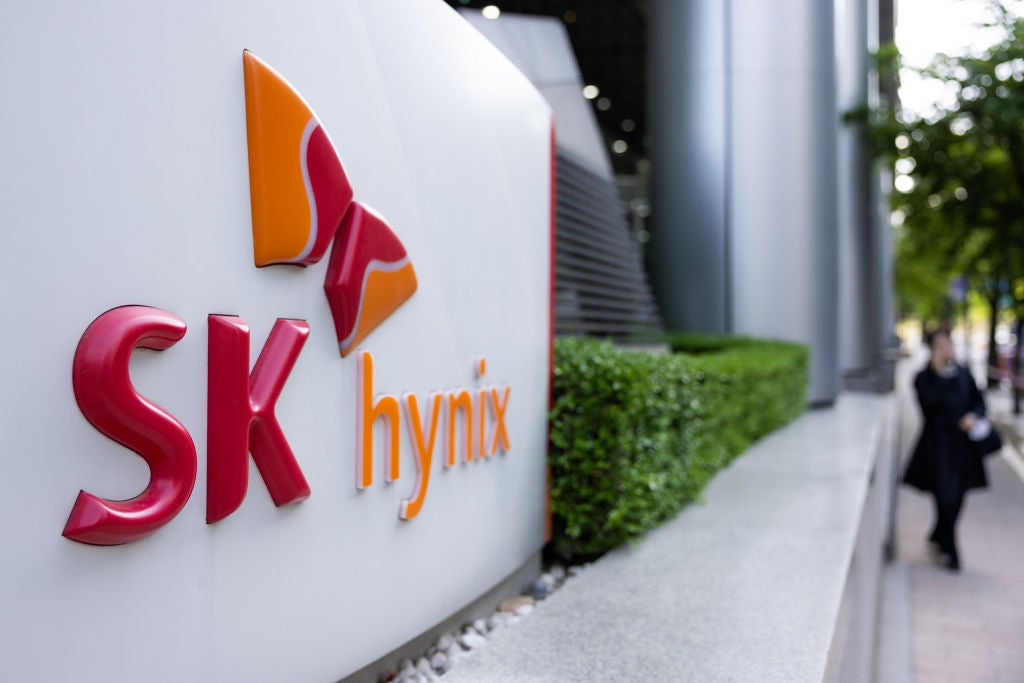
Semiconductor giant SK Hynix is planning to spend around $14.6bn (20.07trn won) to expand its memory chip capacity in South Korea, as the company looks to meet the growing demand for AI development.
The Korean chip company will use an initial $3.8bn to begin work on the new fabrication plant by the end of April, which the company aims to have completed by late 2025.

Access deeper industry intelligence
Experience unmatched clarity with a single platform that combines unique data, AI, and human expertise.
SK Hynix said the total investment in the site will be more than $14.6bn, as the company expects to continue expanding it into the future.
The company has been developing an advanced high-bandwidth memory semiconductor, which is specifically made for AI. The demand for high-bandwidth memory chips has exploded since the rise of GenAI.
SK Hynix’s rival, Samsung, has fallen behind in the high-bandwidth memory chip race due to its decision to stick with a chip-making process called non-conductive film, which has been prone to production issues.
SK Hynix reportedly switched its production to a mass reflow moulded underfill method, which industry experts say addresses much of the non-conductive film’s weaknesses.

US Tariffs are shifting - will you react or anticipate?
Don’t let policy changes catch you off guard. Stay proactive with real-time data and expert analysis.
By GlobalDataAt the beginning of April, Verdict reported that SK Hynix would open a new chip manufacturing plant in the US state of Indiana.
The company will invest around $3.87bn in the plant, which will specialise in AI products.
The plant will mass produce high-bandwidth memory chips and dynamic random access memory chips, which are used in large language models like ChatGPT.
The plant is expected to begin production in 2028.
Global semiconductor manufacturing is currently dominated by countries in the Asia-Pacific region such as Japan and South Korea.
In its 2023 executive briefing on AI, research and analysis company GlobalData found that Asia-Pacific countries recorded 2022 semiconductor revenue of $371bn.







